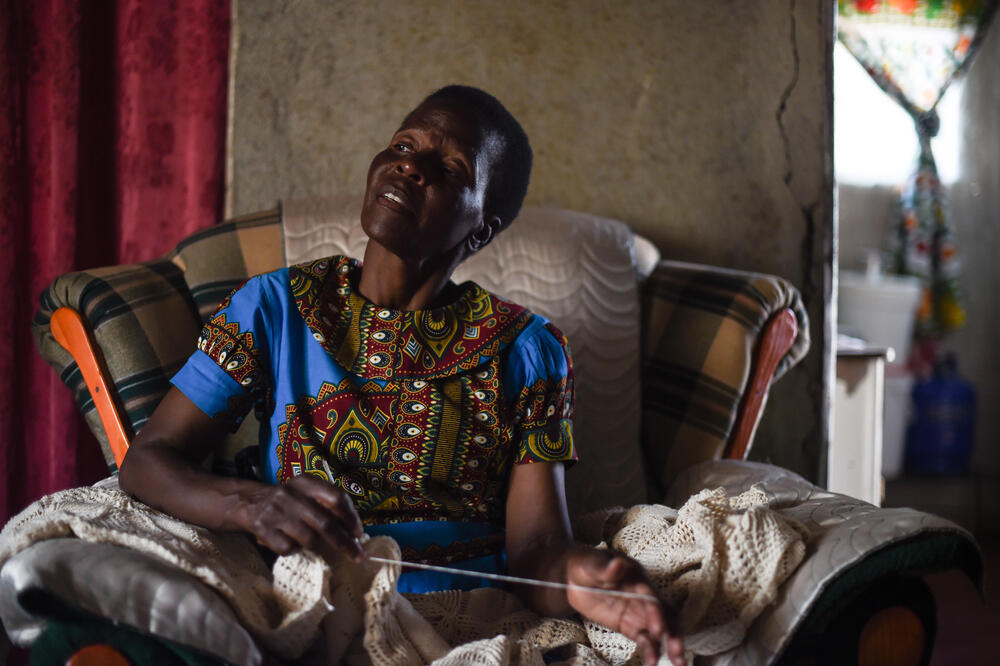p/hop - knitters for MSF
P/hop is a fundraising knitting project, the proceeds of which all go directly to MSF.
As well as asking for donations in exchange for an ever increasing range of brilliant knitting patterns, donated by some very generous (and not to mention talented) designers, the p/hop project also raises money through knit swaps and knitting events.
P/hop?
P/hop stands for pennies per hour of pleasure. As you're knitting your free pattern, ask yourself how many hours of pleasure it gave you. How many new techniques did you learn, for free?
If you knitted from stash, how much did you save by not buying new yarn? What would all that be worth? What is the p/hop rating for what you just knitted? 10p an hour? 25p an hour?
There is no “set price” for a pattern. You can give 50p or £50 - it’s entirely up to you.
Visit the JustGiving page to donate to the p/hop project.
Ready to cast off
Please complete the form below to request your free knitting patterns.
